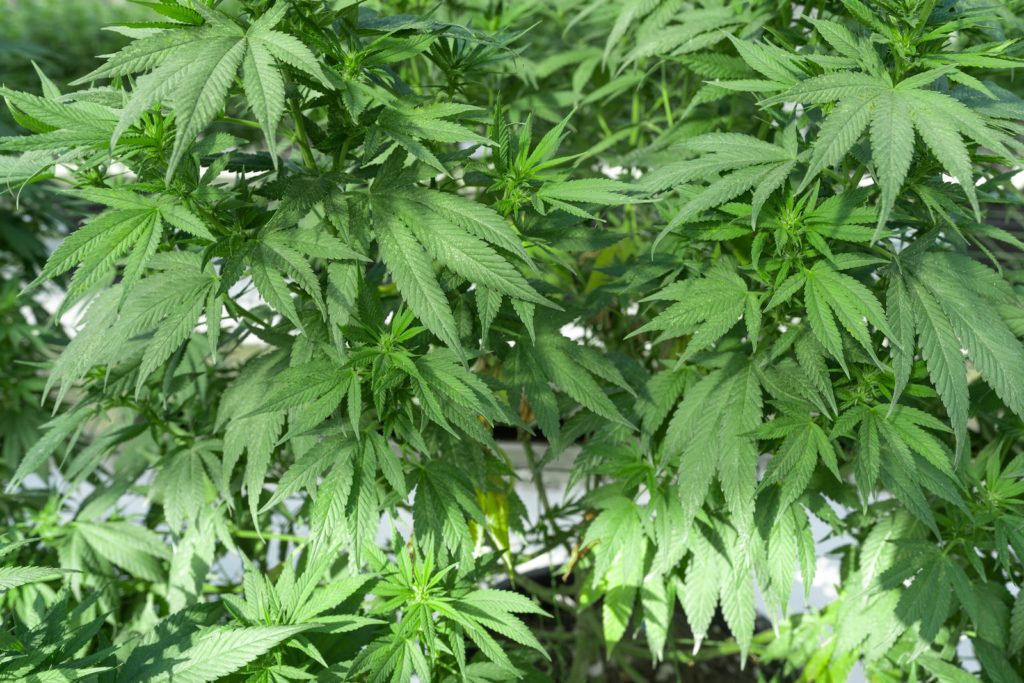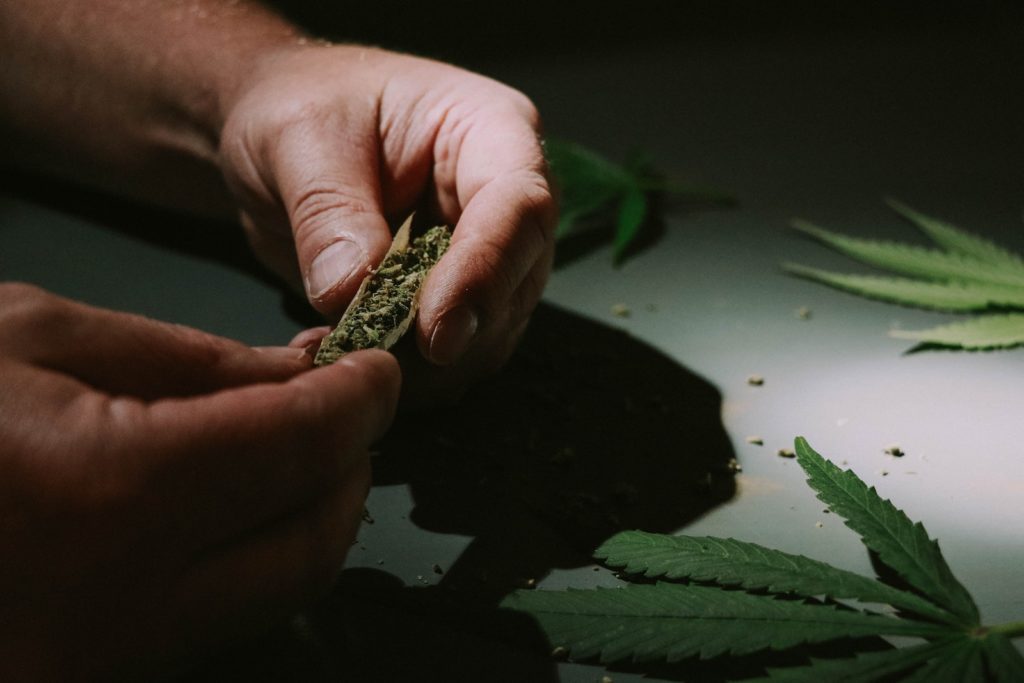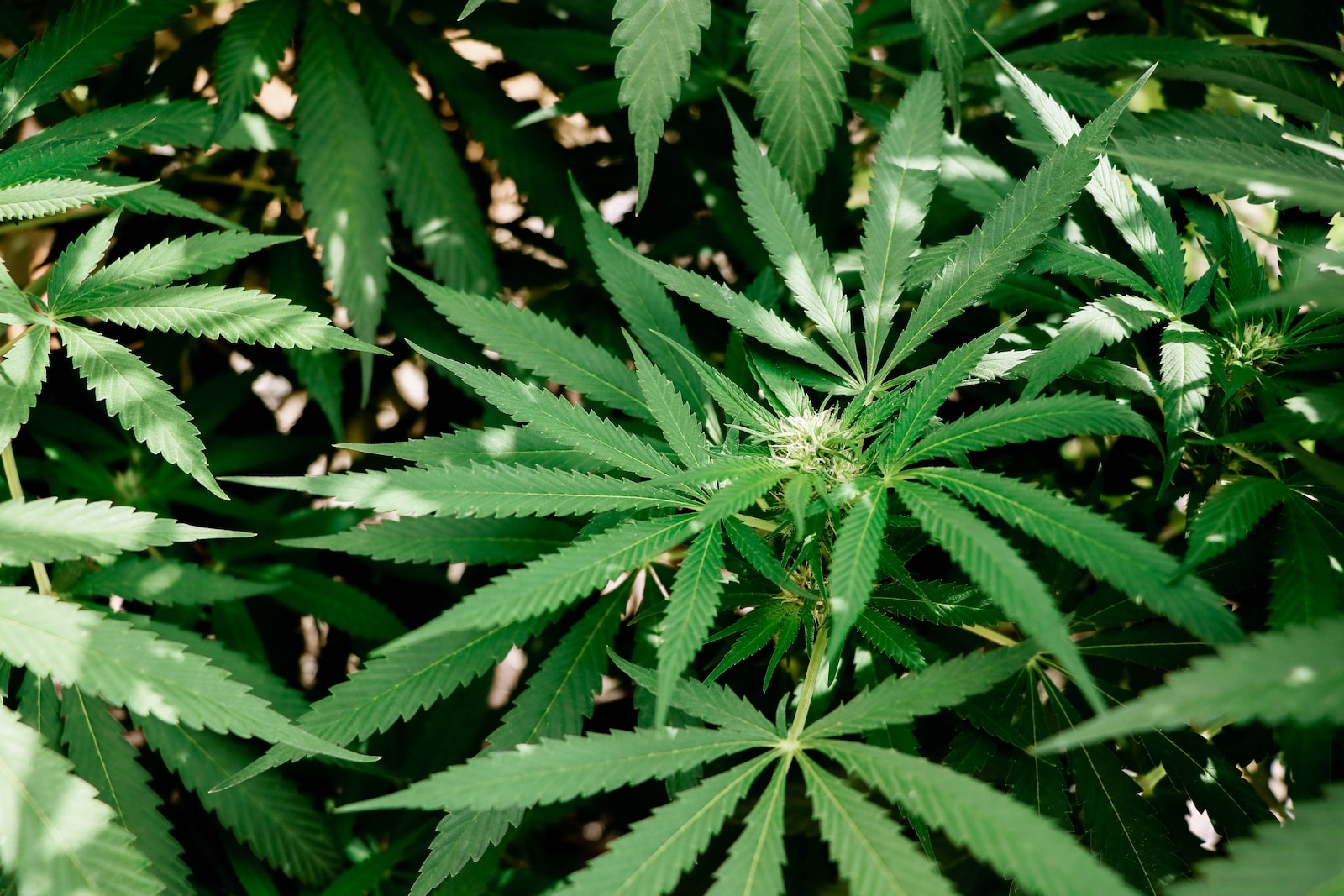Welcome to the ultimate guide on “What Kills Weeds but Not Bermudagrass.” Keeping your lawn pristine and weed-free can be challenging, especially when you have Bermudagrass to protect. In this comprehensive article, we will explore various strategies, products, and expert advice to help you combat those pesky weeds while nurturing your beautiful Bermudagrass.

What Kills Weeds but Not Bermudagrass?
If you’re struggling with weeds invading your Bermudagrass lawn, you’re not alone. Many gardeners face this dilemma, but fear not – solutions are at hand. Here, we’ll delve into tried-and-true methods for effective weed control without harming your Bermudagrass.
Understanding Weed Types
To effectively combat weeds, it’s crucial to identify the different types that may infest your lawn. Common varieties include dandelions, crabgrass, and clover. Each weed type may require a slightly different approach for eradication.
Hand Pulling and Weed Digging
One of the most straightforward methods to eliminate weeds is good old-fashioned hand pulling. This method works well for isolated weeds or small infestations. Make sure to remove the entire root system to prevent regrowth.
Pre-Emergent Herbicides
Pre-emergent herbicides are designed to stop weeds before they even sprout. They create a protective barrier in your soil, preventing weed seeds from germinating. When using pre-emergent herbicides, timing is crucial, so apply them before the weed’s growing season.
Post-Emergent Herbicides
For established weeds, post-emergent herbicides are your go-to solution. These herbicides target and kill existing weeds while leaving Bermudagrass unharmed. Be sure to choose a selective herbicide labeled as safe for Bermudagrass.
Organic Alternatives
If you prefer an eco-friendly approach, consider organic weed control methods. Options include using vinegar, salt solutions, or even boiling water to kill weeds. These methods are safe for Bermudagrass and the environment.
Lawn Maintenance Practices
Maintaining a healthy Bermudagrass lawn can naturally deter weed growth. Regular mowing, proper watering, and fertilization can help your grass grow thick and strong, making it harder for weeds to take hold.
LSI Keyword Integration
Incorporating LSI keywords seamlessly into your content is essential for boosting your article’s SEO. These related terms can include phrases like “weed control,” “weed management,” and “grass-friendly weed killers.” By naturally weaving these phrases into your content, you improve your article’s search engine ranking without overloading it with keywords.
Frequently Asked Questions (FAQs)

Q: How can I prevent weeds from returning after treatment?
A: To prevent weed recurrence, maintain a healthy Bermudagrass lawn through regular maintenance practices and consider applying pre-emergent herbicides before weed seasons.
Q: Can I use regular herbicides on Bermudagrass?
A: No, using non-selective herbicides can harm Bermudagrass. Always opt for herbicides specifically labeled as safe for Bermudagrass.
Q: Are organic weed control methods effective?
A: Yes, organic methods like vinegar or salt solutions can be effective in controlling weeds. However, they may require more frequent application than chemical herbicides.
Q: When is the best time to apply pre-emergent herbicides?
A: Apply pre-emergent herbicides in early spring or late winter, before weed seeds start to germinate.
Q: What mowing height is best for Bermudagrass?
A: Keep Bermudagrass at a height of around 1 to 1.5 inches for optimal weed prevention.
Q: Can I use mulch to control weeds in Bermudagrass?
A: Yes, mulch can help suppress weed growth by blocking sunlight and preventing weed seeds from germinating.
Conclusion
Achieving a weed-free Bermudagrass lawn requires knowledge, effort, and the right strategies. By following the methods and advice provided in this guide, you can maintain a lush, healthy lawn while saying goodbye to those unwanted weeds. Keep your Bermudagrass thriving and your lawn pristine, and enjoy the envy of your neighbors with a weed-free oasis.
